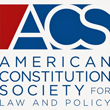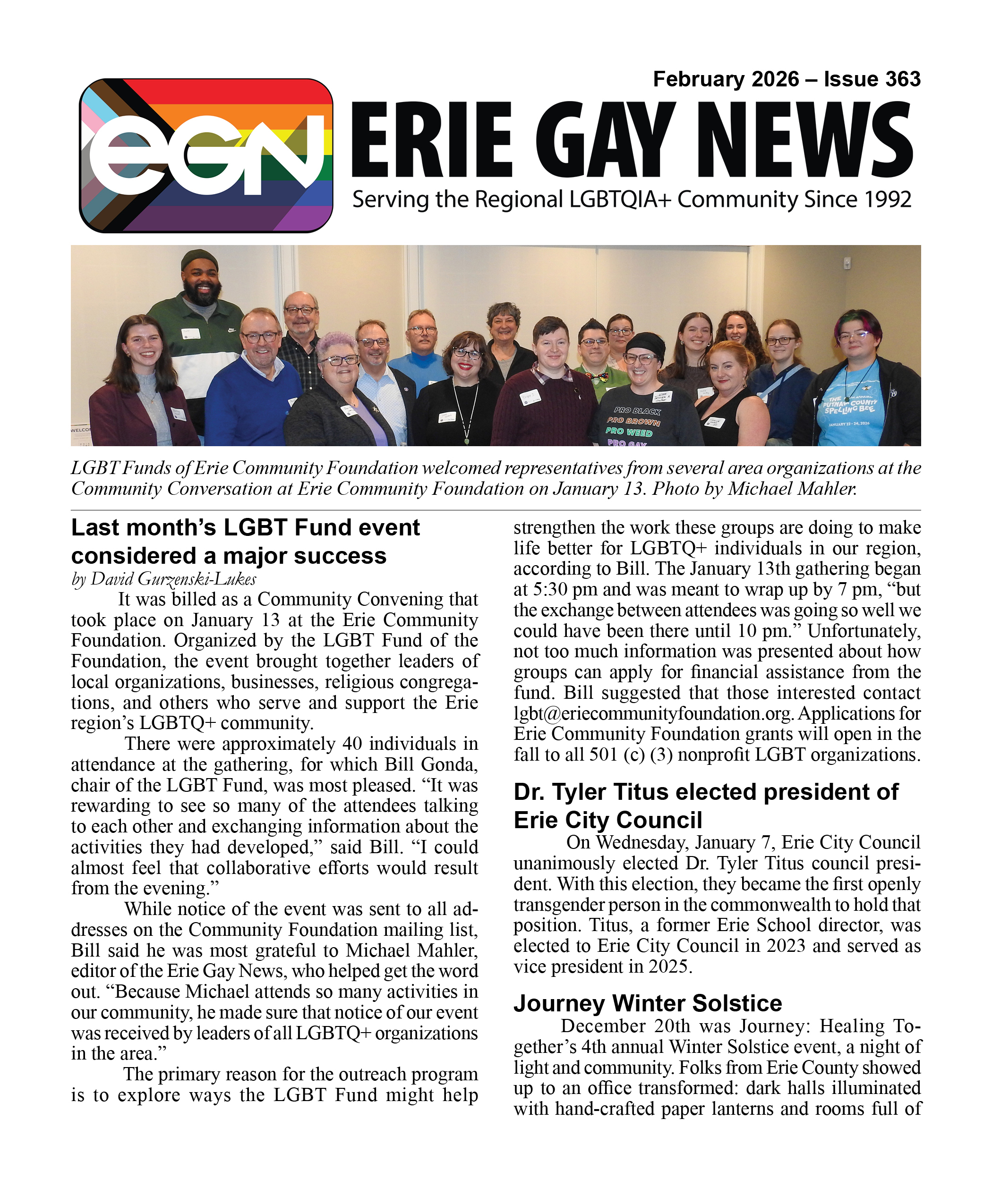New ACS Issue Brief Provides Guidance for Advocates Representing Transgender Individuals
Professor Highlights Beneficial Laws and Resources
WASHINGTON, D.C. - November 19, 2014 – Following Time Magazine's assertion that "another social movement is poised to challenge deeply held cultural beliefs," an expert on transgender legal issues offers pointers to advocates on how to effectively represent transgender clients in discrimination cases.
In "The Transgender Tipping Point: An Overview for the Advocate," Dr. Jillian T. Weiss, J.D., professor of law and society at Ramapo College, provides a summary of current laws and regulations in the areas where transgender individuals most often experience discrimination based on gender identity or expression.
"Until recently, transgender people have been considered strangers to the law, not entitled to protection from discrimination based on their gender identity or expression," Weiss explains. The Issue Brief examines "the changing landscape of law that can be used to protect transgender people."
Weiss discusses how the social understanding of "sex" has changed in the past sixty years to include gender and gender identity, and she examines the holdings in Ulane v. Eastern Airlines, where the U.S. Court of Appeals for the Seventh Circuit held that a pilot fired because of transgender status had no cause of action under Title VII of the Civil Rights Act of 1964, and Price-Waterhouse v. Hopkins, where the Supreme Court held that penalizing an individual for failing to conform to gendered norms of behavior constituted sex-based discrimination. Weiss further explains how decisions by the U.S. Court of Appeals for the Ninth Circuit and the District Court for the District of Columbia have expanded the scope of Title VII's anti-discrimination protections.
The Issue Brief offers practical advice on how to use existing laws and regulations to protect the civil rights of transgender individuals in various substantive areas, including employment, education, housing and credit applications. It also offers guidance on how to navigate the "patchwork quilt of laws and agencies governing identity documents;" how to represent transgender people in marriage and child custody cases; the special dangers facing transgender individuals in prisons, immigration holding facilities and child welfare facilities; and the evolving approach to discrimination in the provision of transgender-related health care among insurers, state agencies and federal agencies.
Weiss addresses ethical considerations in representing transgender clients, including the use of proper terminology and the importance of exercising caution in the selection of a statute under which to pursue a discrimination claim. The Issue Brief concludes with a discussion of the resources available to an advocate considering taking on a transgender discrimination case.
Read the full Issue Brief here. To speak with the author, contact Nanya Springer at nspringer@acslaw.org or (202) 741-0685.
The American Constitution Society for Law and Policy (ACS), founded in 2001 and one of the nation's leading progressive legal organizations, is a rapidly growing network of lawyers, law students, scholars, judges, policymakers and other concerned individuals dedicated to making the law a force to improve lives of all people. For more information about the organization or to locate one of the more than 200 lawyer and law student chapters in 48 states, please visit www.acslaw.org.



